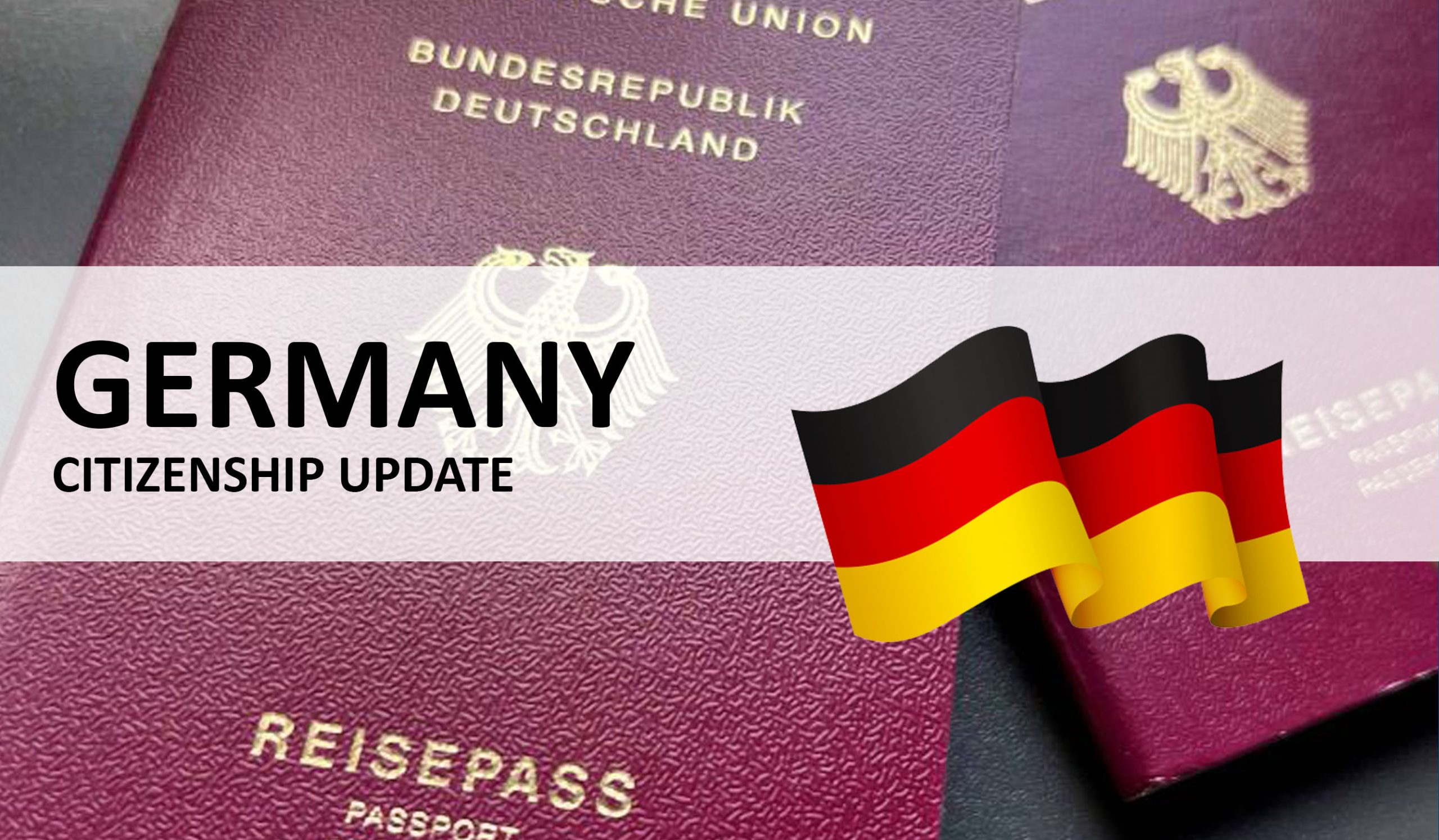How to study in Germany with a student visa
Germany is one of the most popular destinations for international students, offering a high-quality education, affordable tuition fees, and a rich cultural and social life. However, you will need a student visa to study in Germany if you are not from the European Union or the European Economic Area. In this post, we will guide you through the process of applying for a student visa and introduce you to some of the university programs that can help you with your visa application.
What are the types of student visas in Germany?
There are three main types of student visas in Germany, depending on your situation and purpose of study:
- Student applicant visa: This visa is for students who have applied to a German university but have not received an acceptance letter yet, or who need to take a preparatory course or a language test before enrolling. This visa is valid for three months and can be extended for another six months. It allows you to enter Germany and look for a suitable study program, but not to study yet.
- Student visa: This visa is for students who have received an acceptance letter from a German university and want to start their studies. This visa is valid for three months and can be converted into a residence permit for study purposes after arrival. It allows you to study and work part-time in Germany.
- Language course visa: This visa is for students who want to take a language course in Germany, either as a preparation for their studies or for personal interest. This visa is valid for the duration of the course, up to one year. It allows you to take a language course and work part-time in Germany, but not enroll in a regular study program.
What are the requirements for a student visa in Germany?
To apply for a student visa in Germany, you will need to provide the following documents:
- A valid passport
- A completed visa application form
- Two passport-sized photos
- A letter of acceptance from a German university or proof of application
- Proof of financial resources, such as a blocked account, a scholarship, or a sponsor’s letter
- Proof of health insurance
- Proof of language proficiency, if required by the university
- A motivation letter and a curriculum vitae
- A certificate of previous academic qualifications
- A visa fee of 75 euros
You will need to submit these documents to the German embassy or consulate in your home country and attend a visa interview. The processing time for a student visa can vary from a few weeks to a few months, depending on the country and the season. Therefore, it is advisable to apply for your visa as early as possible, at least three months before your intended departure.
What are some of the university programs that can help you with your visa application?
Some of the German universities offer special programs or services that can assist you with your visa application, such as:
- Pre-study programs: These short-term courses prepare you for studying in Germany by teaching you the language, culture, and academic skills. They also help you with the administrative procedures, such as opening a bank account, registering your address, and applying for a residence permit. Some examples of pre-study programs are Pre-Study Fulda, Pre-Study Cologne, and Pre-Study Berlin.
- Foundation courses: These are one-year courses that bridge the gap between your secondary education and the German university system by teaching you subject-specific knowledge and skills. They also help you with the admissions process by providing counselling, coaching, and application support. Some examples of foundation courses are Studienkolleg, FSP, and ISP.
- Online programs: These are flexible and convenient courses that allow you to study from anywhere in the world by using digital platforms and tools. They also help you with the visa process by providing you with guidance, documentation, and verification. Some examples of online programs are Digital Campus, Online Studies, and Virtual Campus.


Leave a Reply